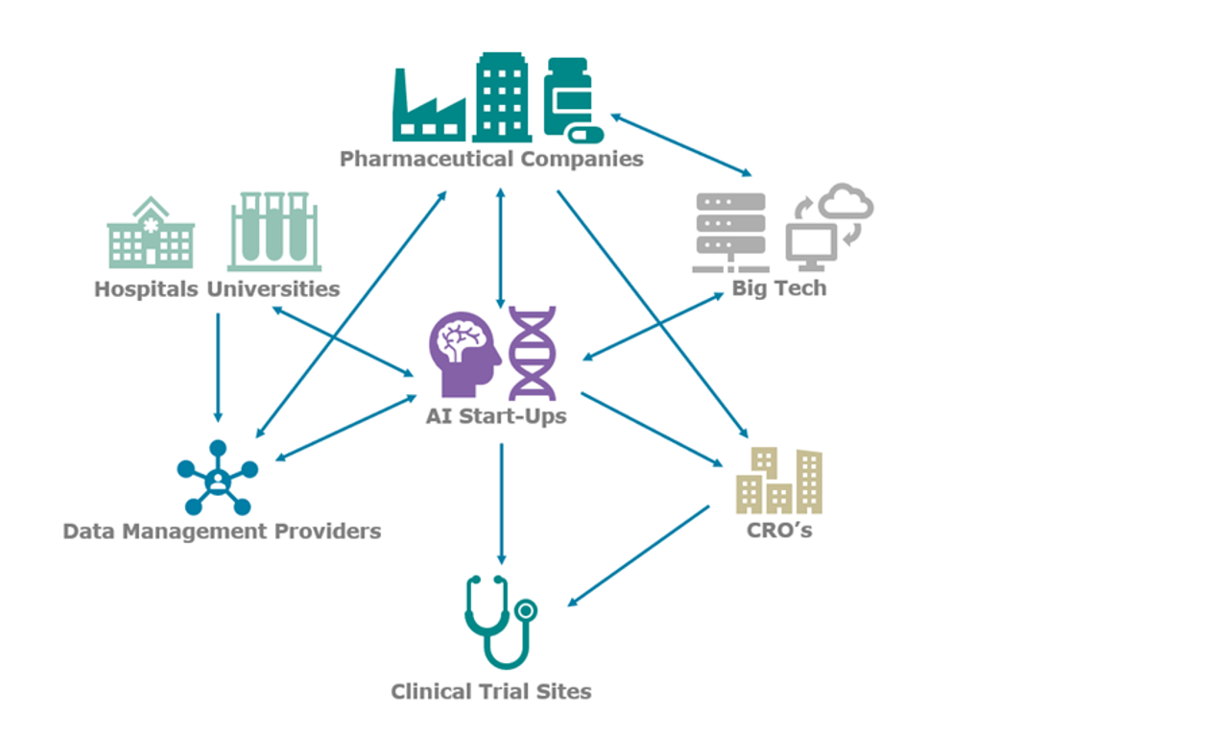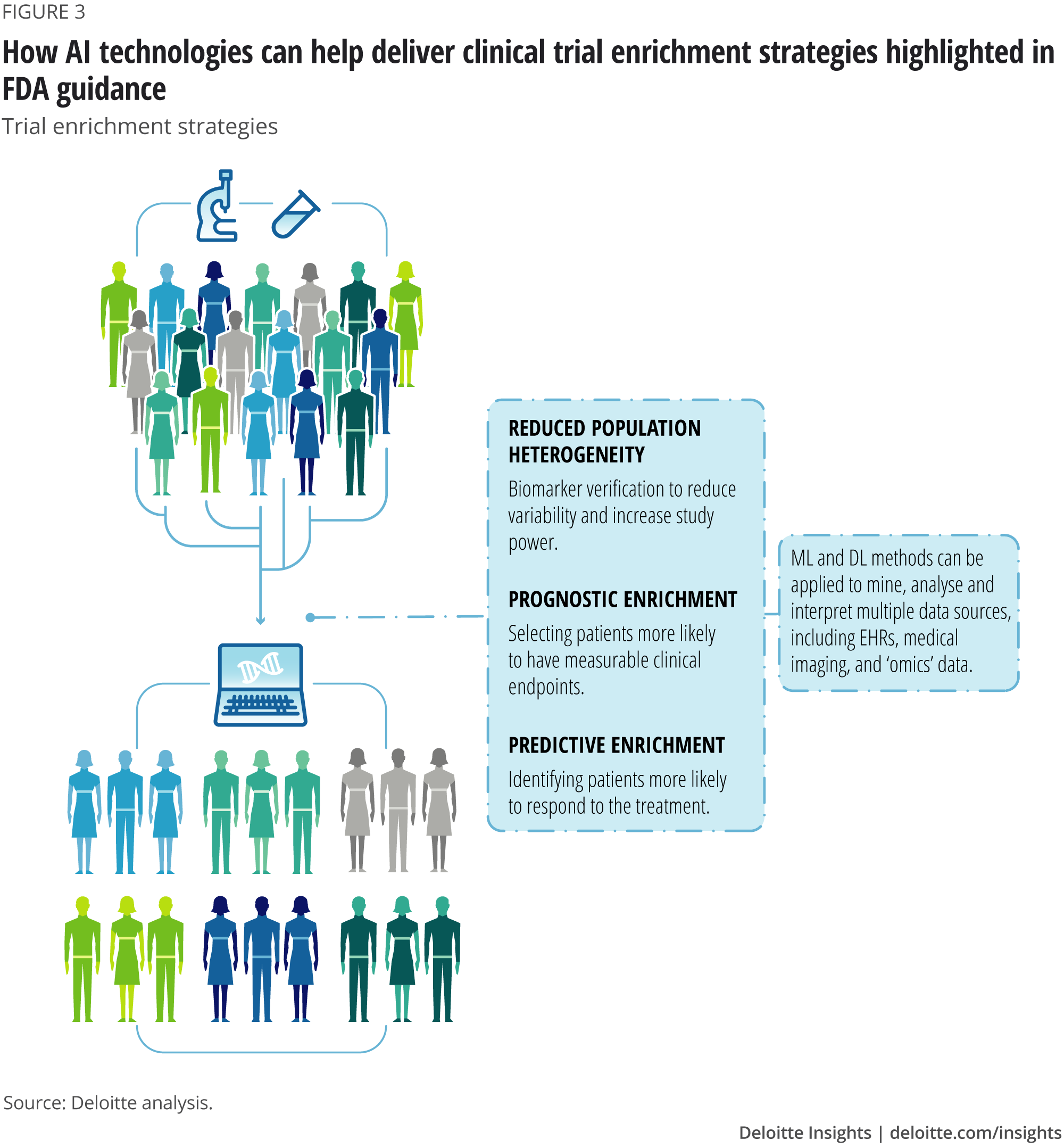
Artificial Intelligence (AI)-Powered Clinical Trial Analysis: The Future of Drug Development
The pharmaceutical industry is facing a number of challenges, including the rising cost of drug development, the increasing complexity of clinical trials, and the need to find new ways to improve patient outcomes. Artificial intelligence (AI) is emerging as a powerful tool that can help address these challenges and accelerate the development of new drugs.
AI-powered clinical trial analysis can help to improve the efficiency and accuracy of clinical trials, reduce costs, and improve patient outcomes. By using AI to analyze vast amounts of data, researchers can identify new patterns and insights that can help them to design better clinical trials and make more informed decisions about drug development.

How AI Can Improve Clinical Trial Analysis
AI can be used to improve clinical trial analysis in a number of ways.
- Data mining and analysis: AI can be used to mine large datasets of clinical trial data to identify new patterns and insights. This information can be used to design better clinical trials, identify new drug targets, and develop more effective treatments.
- Automated data processing: AI can be used to automate the processing of clinical trial data, which can free up researchers to focus on other tasks. This can help to improve the efficiency of clinical trials and reduce costs.
- Machine learning: AI can be used to develop machine learning models that can help researchers to make predictions about the results of clinical trials. This information can be used to make more informed decisions about drug development and to identify patients who are most likely to benefit from a particular treatment.
- Natural language processing: AI can be used to analyze patient-reported outcomes (PROs) and other forms of unstructured data. This information can provide valuable insights into patient experiences and can help researchers to develop more patient-centric treatments.

The Benefits of AI-Powered Clinical Trial Analysis
AI-powered clinical trial analysis can offer a number of benefits, including:
- Improved efficiency: AI can help to improve the efficiency of clinical trials by automating tasks, identifying new patterns and insights, and making predictions about the results of clinical trials. This can help to reduce costs and speed up the drug development process.
- Increased accuracy: AI can help to improve the accuracy of clinical trial analysis by identifying new patterns and insights that may be missed by human analysts. This information can be used to design better clinical trials and develop more effective treatments.
- Enhanced patient care: AI can be used to analyze patient-reported outcomes (PROs) and other forms of unstructured data. This information can provide valuable insights into patient experiences and can help researchers to develop more patient-centric treatments.

The Future of AI-Powered Clinical Trial Analysis
AI is still a relatively new technology, but it is already having a significant impact on the pharmaceutical industry. As AI continues to develop, it is likely to play an increasingly important role in clinical trial analysis.
In the future, AI-powered clinical trial analysis is likely to:

- Be used to design more efficient and effective clinical trials.
- Help to identify new drug targets and develop more effective treatments.
- Reduce the cost and time of drug development.
- Improve patient care.
AI-powered clinical trial analysis has the potential to revolutionize the pharmaceutical industry and improve the lives of patients around the world.

Conclusion

AI is a powerful tool that can be used to improve the efficiency, accuracy, and patient care of clinical trials. As AI continues to develop, it is likely to play an increasingly important role in the pharmaceutical industry. By using AI to analyze vast amounts of data, researchers can identify new patterns and insights that can help them to design better clinical trials and develop more effective treatments. This information can help to improve patient outcomes and make the drug development process more efficient and cost-effective.
Post a Comment